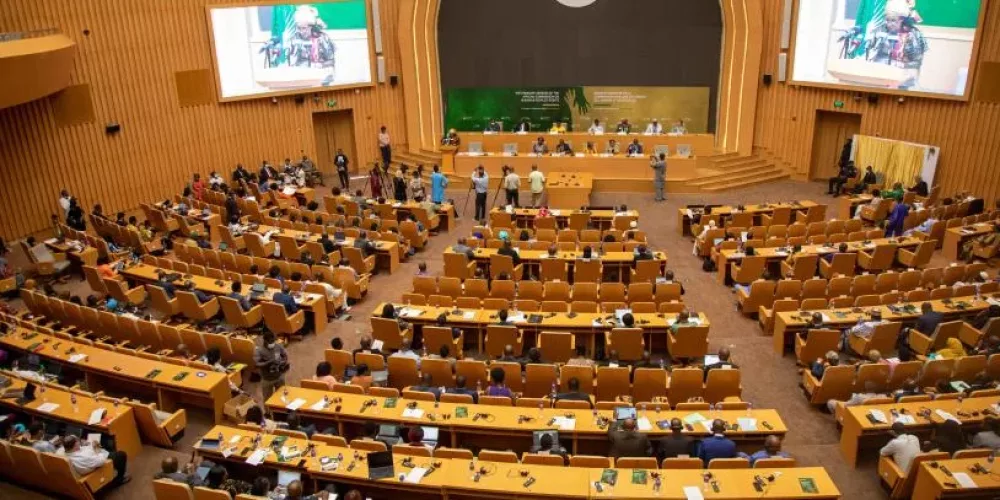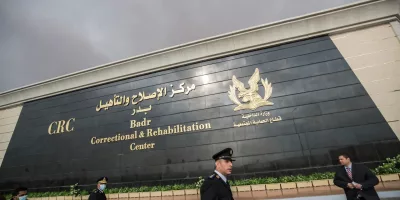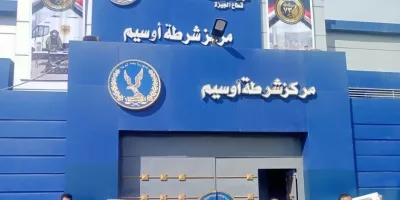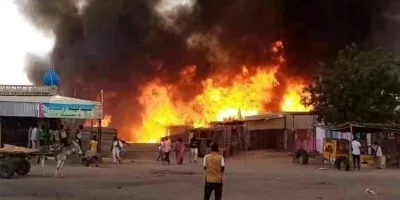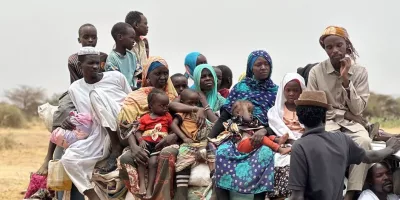Banjul, The Gambia – 19 October 2025 — Ahead of the 85th Ordinary Session of the African Commission on Human and Peoples’ Rights (ACHPR), the Committee for Justice (CFJ) organized a side event together with AWAFY Sudanese Organization and was co-sponsored by DefendDefenders, SIHA Network, and the Youth Citizens Observers Network, titled “Sudan’s Unseen Catastrophe: Amplifying Local Voices in the World’s Largest Humanitarian Crisis.” The event brought urgent attention to the deepening conflict in Sudan and the indispensable role of local actors working on the frontlines.
Since violence erupted on 15 April 2023 between the Sudanese Armed Forces (SAF) and the Rapid Support Forces (RSF), Sudan has descended into one of the gravest and most neglected humanitarian crises of the 21st century. Over 13 million people have been displaced, famine conditions are rapidly emerging, and more than two-thirds of the population is now dependent on humanitarian assistance for basic survival. Outbreaks of disease, widespread hunger, and deliberate blockages of humanitarian aid are severely worsening the crisis. Women and girls face targeted and severe violence, including the widespread use of conflict-related sexual violence as a weapon of war.
Despite the magnitude of the catastrophe, humanitarian access remains extremely restricted, and international engagement has fallen dramatically short. Local Sudanese actors — youth groups, women’s organizations, medical volunteers, and human rights defenders — have become the backbone of the humanitarian response, risking their lives to provide assistance, document violations, and protect their communities, often without adequate regional or international support.
The side event brought together leading Sudanese and African human rights defenders, each offering critical, firsthand insights into the realities facing civilians and frontline responders.
Mohamed Bera, Programs Director at AWAFY Sudanese Organization, highlighted the escalating attacks on humanitarian convoys and the siege of El Fasher. He emphasized that civilians trapped inside the city face near-total isolation, with food, fuel, and medicine deliberately prevented from entering amid a broader pattern of starvation-based warfare.
Ramatoulie Isatou Jallow, Regional Research and Advocacy Officer at the SIHA Network, addressed documentation efforts and the alarming increase in conflict-related sexual violence. She underscored the urgent need for protection services, mental-health support, and safe spaces for women and girls, while noting the central role women continue to play at the core of community resilience.
Majid Maali, Human Rights Lawyer and Sudan Country Lead at DefendDefenders, reflected on the responsibilities of the African Union and the ACHPR in responding to the crisis. He highlighted the need for enhanced monitoring, stronger protection mandates, unfettered humanitarian access, and clear accountability pathways to prevent further atrocities.
The event was moderated by Usame Mehmetoglu, UN and Regional Communications Officer at the Committee for Justice.
Speakers stressed that the African Union, the ACHPR, and the international community must act with greater urgency. Without decisive and coordinated intervention, the humanitarian crisis will continue to deepen, and the protection gaps faced by civilians and frontline defenders will widen.
The speakers called for:
- Unimpeded humanitarian access to all affected areas, including besieged regions such as El Fasher and South Kordofan;
- Strengthened civilian protection mechanisms, particularly for women, girls, and internally displaced communities;
- Support and protection for Sudanese human rights defenders, women’s networks, youth coalitions, and medical volunteers operating under life-threatening conditions;
- Enhanced monitoring, documentation, and evidence-preservation mechanisms to ensure future accountability;
- Increased flexible and direct funding to local civil society organizations sustaining communities on the ground.
This side event reaffirmed the commitment of Sudanese civil society and regional partners to ensuring that the crisis remains at the center of the African and global human rights agenda. It also underscored that sustainable solutions must be grounded in the expertise, leadership, and resilience of Sudanese communities themselves.
CFJ and its partners reiterate that protecting civilians, upholding regional and international human rights obligations, and supporting frontline defenders are essential duties — and they must be met with urgency, resolve, and meaningful action.

